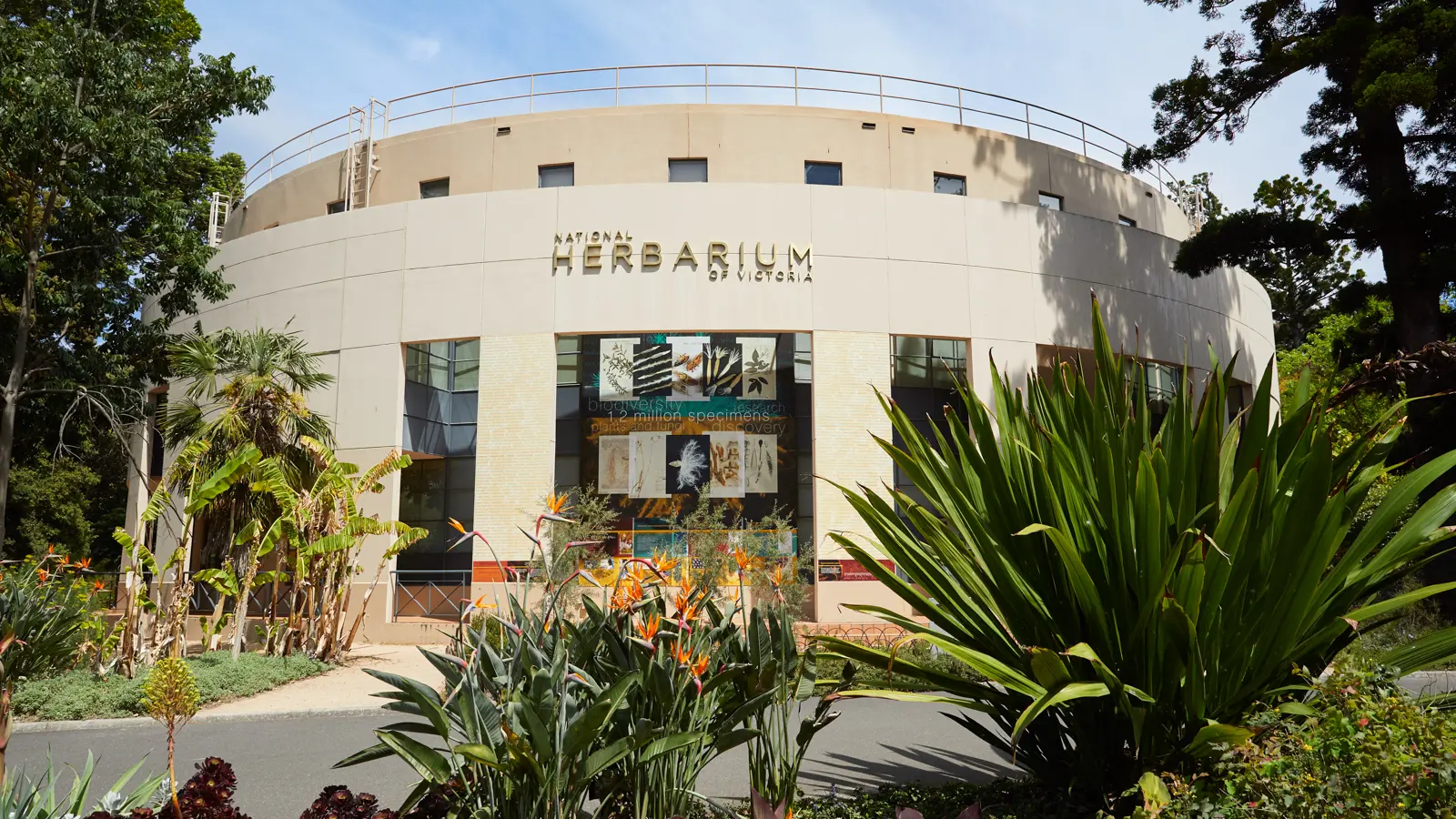
Make a Donation
Support the priority projects of the Gardens by donating today. From landscape projects to innovative community engagement activities to critical science that explores the effects of a warming climate on our native plant biodiversity, your donation makes a difference and leaves a lasting legacy for generations to come. You will find some of our recent donor-supported success stories below.
Recent projects made possible through donor support
The Arid Garden reborn
A world of succulents awaits you at the new and improved Arid Garden which is now open for you to visit! Over a century in the making and only made possible with the support of a generous donor, the new Arid Garden was designed by Landscape Architect Andrew Laidlaw, based on the internal cellular structure of a succulent.
The collection features more than 3000 arid plants including 400 different species, with many sourced from world-renowned international collections including the Field collection, created by Ralph and Robert Field in Tennyson, north-central Victoria. The Fields collection was brought to Australia in the 1930s by German Explorer and botanist Harold Blossfeldt, who wild-collected cacti and succulents from South America.
Revealing the secrets of the Global Collection
The National Herbarium of Victoria at Royal Botanic Gardens Victoria (RBGV) is home to the State Botanical Collection, a rich resource of more than 1.5 million dried plant and fungi specimens that provides invaluable information to scientists, land managers and historians on plants from Australia and around the world.
The Global Collection is a 400,000-specimen subset of the State Botanical Collection and represents plants collected outside of Australia from every continent except Antarctica and from all 434 plant families. This collection of global plant material is significant as the specimens were predominately collected in the 19th Century, a critical time in the history of taxonomic botany and many were collected by historically important botanists and explorers.
Entirely philanthropically funded, work to date indicates that this vast collection includes thousands of invaluable Type and Autographic specimens; important foundational specimens cited in scientific papers when the plants were first named.
Improving accessibility at Cranbourne Gardens
Recent support has enabled the purchase of an all-access minibus that shuttles visitors from Cranbourne Station to Cranbourne Gardens and back again. This has dramatically improved access to Cranbourne Gardens, which otherwise required private transportation to visit. We are thrilled with the popularity of the service and visitor feedback has been strong.




